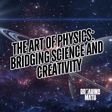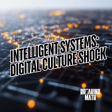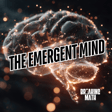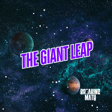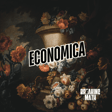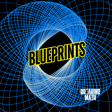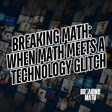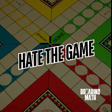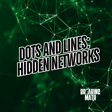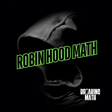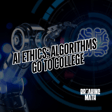
Math Lounge: Celebrating 101 Episodes
In this conversation, Gabe and Autumn celebrate the 101st episode of Breaking Math and discuss the evolution of the podcast. They highlight the importance of creativity in teaching mathematics and share their plans to expand Breaking Math into Breaking Math Media. They also discuss the history of physics and the big questions that inform the podcast. The hosts express their desire to collaborate with listeners and explore practical applications of math in different fields. They also mention books like 'A Quantum Story' and 'Incomplete Nature' that delve into the mysteries of quantum mechanics and consciousness. The hosts highlight the unique and creative nature of their podcast, inviting listeners to join them in the Math Lounge, a metaphorical nightclub where math and creativity intersect.
Keywords: Breaking Math, podcast, creativity, mathematics, Breaking Math Media, physics, history, quantum mechanics, book discussion, double-slit experiment, quantum mechanics, interdisciplinary discussions, machine learning, neuroscience, gamification of math, collaboration, practical applications, consciousness, Math Lounge
Subscribe to Breaking Math wherever you get your podcasts.
Become a patron of Breaking Math for as little as a buck a month
Follow Breaking Math on Twitter, Instagram, LinkedIn, Website, YouTube
Follow Autumn on Twitter and Instagram
Follow Gabe on Twitter.
email: breakingmathpodcast@gmail.com

